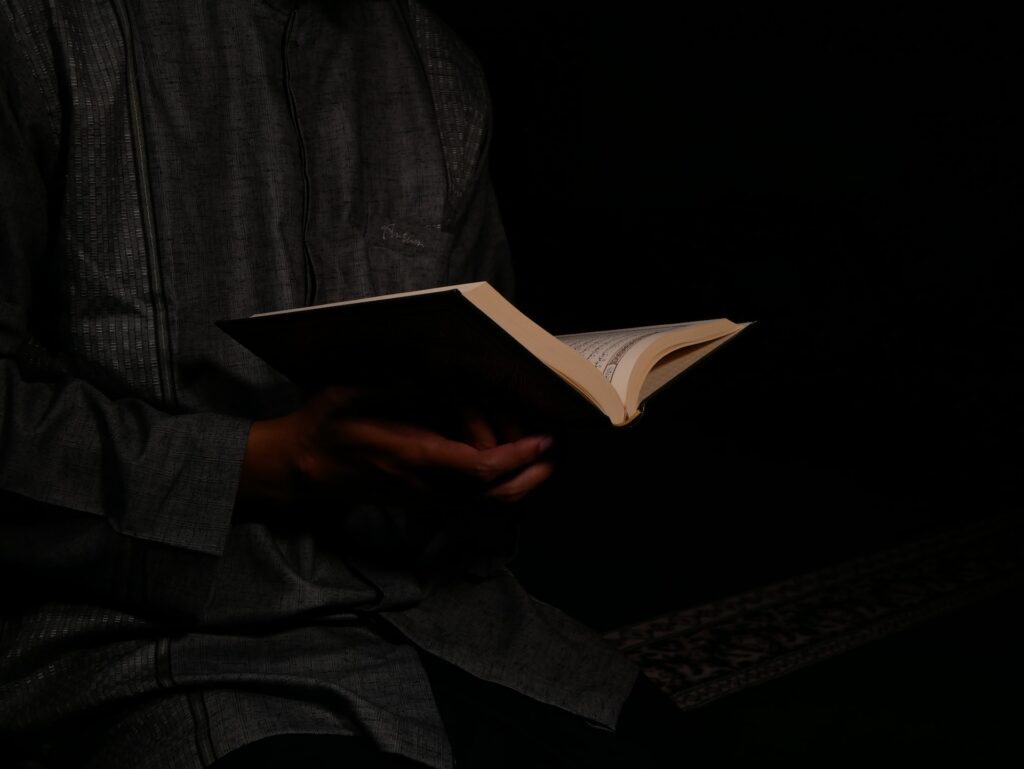The past week at Camp One brought a number of surprises. The tarp roof of the chicken run flooded. We learned that two of our hens are likely roosters, bringing the total to three. We received anonymous gifts in the mail. We explored a cave and discovered that it was a mine.
Each surprise was attended by a different emotion: disappointment, confusion, gratitude, and curiosity, among others.
We now wonder how many emotions there are.
And is every emotion considered discrete and different? Or can they be grouped into families, where similar emotions are linked together by degrees?
Emotional Theories
Western emotional theorists disagree on all of these points, though there is something of a canonical reliance upon the idea of “basic” emotions, a supposed foundation of feeling from which all other emotions might arise. While not everybody agrees with this, among those who subscribe to the idea are some who boil everything we feel down to variations on happiness and sadness or, from another angle, pleasure or pain. Other theorists are more expansive, such as Magda B. Arnold who in 1960 postulated that emotions are only ever some version of anger, aversion, courage, dejection, desire, despair, fear, hate, hope, love, and sadness.
Caught up in these schisms is the notion of surprise. Some say it’s an emotion. Others say that it is a cognitive state which may precipitate emotions, though it is not itself an emotion.
We’re not going to answer any of these questions here. We just thought that it was all interesting.
Regardless, what we feel is different from why we feel, the latter being predictably linked in Western thought to Darwinian, humanist ideas of adaptation and bioregulation.

Muslim physician and scholar Abu Zayd Ahmad ibn Sahl al-Balkhi (d. 934) discussed emotions as expressions of the soul’s state, declaring that a “healthy” soul is known by its tranquility. Religious rigors are undertaken by the Muslim with the express purpose of courting and maintaining this tranquility which amounts to security, certainty, and conviction in the perfection of God’s Will. Significant deviations from this baseline serenity indicate that external circumstances are exerting marked influence, and this may require some kind of correction and recentering.
A Reward-Prediction Error
The language of Western behavioral theorists is delightful. Surprise is described by many as a reward-prediction error that coincides with an emotional response. We worked a full day winterizing the chicken run expecting the modest reward of warmer chickens. Instead, we got flooding and the possibility of collapse. This was certainly a reward-prediction error, followed by emotions ranging from embarrassment to frustration and disappointment.
On other days we went to check the mail, expecting to be rewarded with nothing more than bills and advertisements. Instead we found wonderful gifts, reward-prediction errors that warmed us with joy and gratitude.
We are bracing for our first significant winter storm this season, wondering in what ways and to what extent we will be surprised by our preparedness or lack thereof. As we consider what is to come, we recognize that our predictions are tethered to our assumptions, and that both of these are the refined products of previous prediction errors. Taken this way, surprise is perhaps our most immediate teacher, reminding us that patterns are not guarantees.
Emotions or not, we recognize surprises as invitations to humility and vigilance. Life unfolds in a way that requires both cognitive and emotional flexibility to absorb the inevitable insults to our sensibilities meant, in the Islamic view, to remind us that we don’t know nearly as much as we sometimes imagine.
Hope and Fear

This is, of course, why the Muslim puts a premium on belief with its branches of hope and fear. These are the superior faculties, mapping much more directly to the human experience than the fables of rationalism that modernity perpetuates. Reason has its place, but in the social and environmental settings wherein human experience takes place, the number of variables confounding a primarily rational outlook are legion.
Rather than insisting on the preeminence of logic and reason in a world full of surprises, the Muslim instead uses his powers of cognition to establish and insist upon a framework of “good opinion.” Whatever comes to pass will be intentionally understood, despite any initial and reactive feelings, as ultimately beneficial.
Good Company
The best companions to a Muslim are those persons who reinforce the good opinion, recognizing that both feelings and reason are deeply flawed guardrails in the apprehension of God’s signs. What is better is obedience, the internalization of the hadith qudsi, “I am in the opinion of My servant.”

Convicted in the ultimate goodness of life’s exigencies, we can employ our feelings and our reason in the realization of that goodness. We witness the disastrous administration of the utopian Zionist enterprise resulting in the systematic annihilation of the Palestinian people. We recognize the good in the unveiling of these absurdities and we amplify this, calling attention to the injustices and devastation that will invariably come from unchecked idealism. We exhaust ourselves in the arresting of hostilities, demanding that all parties take stock of their respective positions. We remind all of the sanctity of life, and where this is not mutually respected, we remind our fellow Muslims that “tumult and oppression are worse than slaughter.” (Q2:191)
And fight in the way of God with those who fight you, but aggress not: God loves not the aggressors.
Q2:190
Perhaps, dear reader, you did not immediately see the parallel between the near-collapse of a chicken run and the possibility of a justified and necessary armed resistance by the Palestinian people and their allies.
Surprise : )
Leave a comment below for posterity or join us in the D&T Chautaqua Discord to discuss this post with other adventurous spirits from around the world.

Yep, didn’t see that coming. Well done and well said.
Wonderfully put!